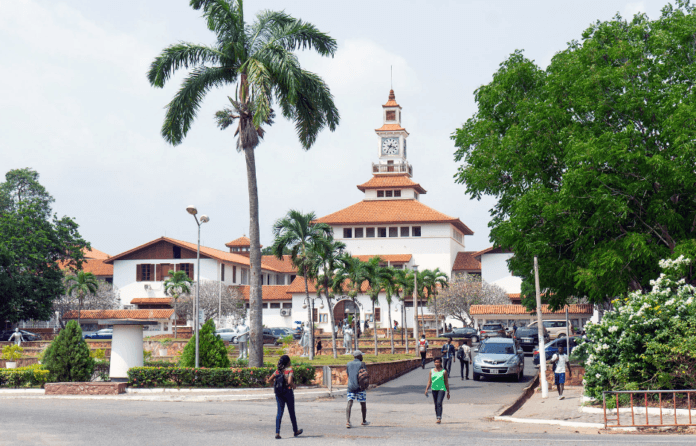A lecturer at the University of Ghana has revealed that the school may lose its relationship with some of its international partners if the Public Universities Bill is passed into law.
According to Prof. Akosua Adomako Ampofo, these partners are unsure how government interference would affect the school which would in turn have a toll on the work they are doing.
“Donors and partners do not want to take that risk. If they don’t work with Ghanaians they will work with Nigerians or South Africans or whoever,” she said on Newsfile on Saturday.
The Professor of African Studies and Acting Dean of International Programmes at the University of Ghana, Legon, stated that there could be a government which would make decisions that would affect the University and their partners in the long haul.
Prof Ampofo said that lecturers will also have to seek approval from the Ghana Tertiary Education Commission before they pursue a research, something she says affects academic freedom.
“When we talk about academic freedom we are not saying that we want to get up and just do anything. We are talking about the freedom to think and do research on important issues. There has been a recent example in Cameroon where a lecturer was dismissed because of an exam question.
“A lecturer decides to ask a question in a political science exam, so that students can think about these issues, and he is dismissed for this. The francophone countries have a kind of system that this bill seems to be directing us to,” she said.
Prof Ampofo explained that the Public Universities Bill will let the Ministry of Education decided what lecturers teach, what to put in the syllabus, which courses to teach, which program to establish, which research should be done and others.
She stated that researches that may not be in the interest of the government will not live to see the light of day.
Lecturers who have or may be deemed to be having an affiliation with a political party may keep quiet on school happenings to avoid termination of contract, she added.
The schools she said will always have a political atmosphere depending on which government is in power.
“Power corrupts absolutely, we are humans and we should not set laws that allow human beings and governments to do what they want to do with education. Education is the pinnacle of how we get our societies to develop, where the thinking and the research goes.”
However, the Education Ministry insists the bill seeks to harmonise the governance, administration, and accountability structures of public universities.
Speaking on JoyNews’ Newsfile Saturday, Public Relations Officer for the Ministry Vincent Asssafuah said issues of academic freedom are exaggerated.

